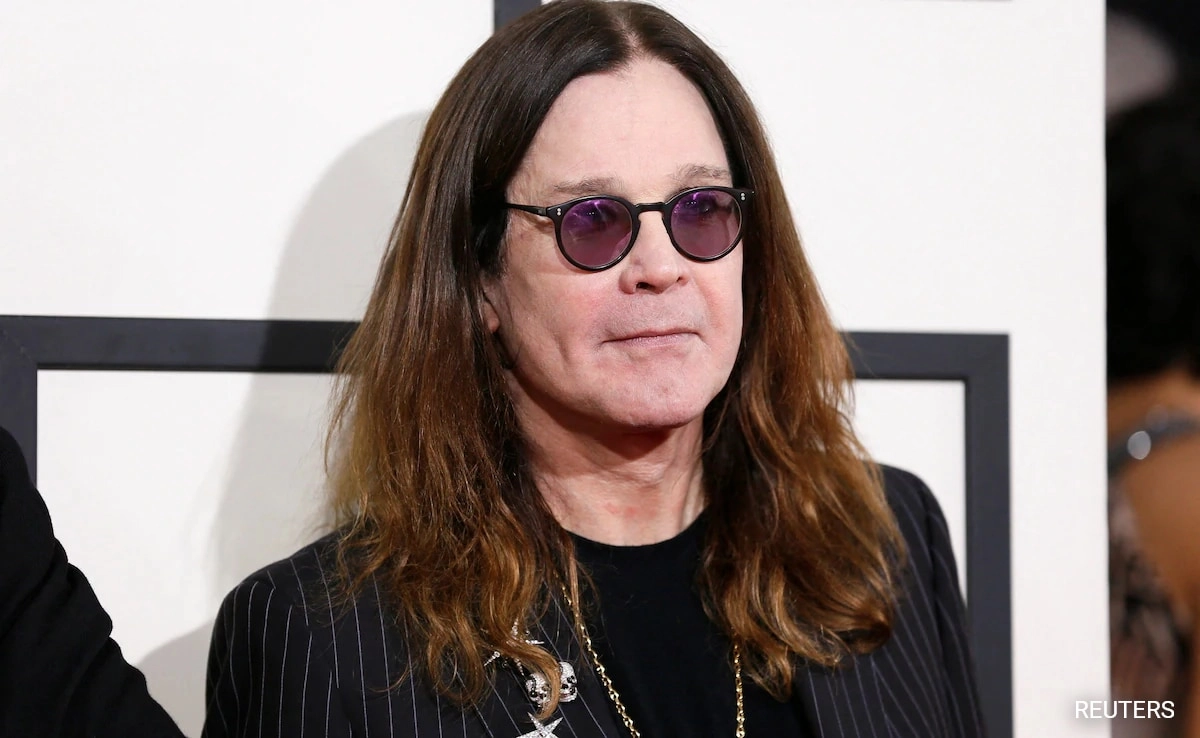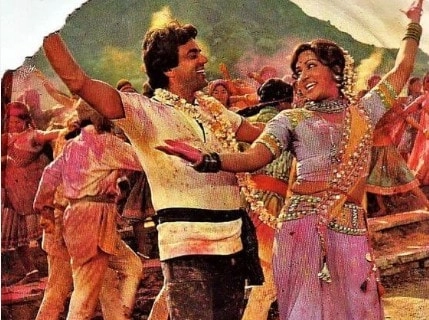Ozzy Osbourne, the legendary frontman of the iconic heavy metal band Black Sabbath, has passed away at the age of 76. His death marks the end of an era for rock music, as Osbourne was not just a musician but a cultural icon whose influence extended far beyond the boundaries of his genre. With his distinctive voice and theatrical stage presence, he helped to pioneer the heavy metal genre, paving the way for countless artists who followed in his footsteps. Osbourne’s journey in music began in the late 1960s when Black Sabbath formed, and they quickly became known for their dark, heavy sound that resonated with fans across the globe.
Throughout his career, Osbourne faced numerous personal struggles, including battles with addiction and health issues, yet he remained a resilient figure in the music industry. His wild persona and infamous antics often overshadowed his musical talent, but it was his innovative approach to songwriting and performance that solidified his place in rock history. Hits like “Iron Man,” “Paranoid,” and “Crazy Train” not only showcased his vocal prowess but also established him as a songwriter of considerable skill. Beyond Black Sabbath, Osbourne enjoyed a successful solo career, releasing multiple albums and hits that further endeared him to fans.
Osbourne’s impact on music and popular culture cannot be overstated. He was a figure of rebellion and individuality, often challenging societal norms and expectations. His life was a testament to the power of music as a form of expression and a means of overcoming adversity. As news of his passing spreads, tributes from fans, fellow musicians, and industry figures are pouring in, celebrating his life and contributions to the world of music. His legacy will undoubtedly live on, inspiring future generations of musicians and fans who continue to embrace the spirit of rock and roll. Ozzy Osbourne may be gone, but his music and influence will forever be remembered.




